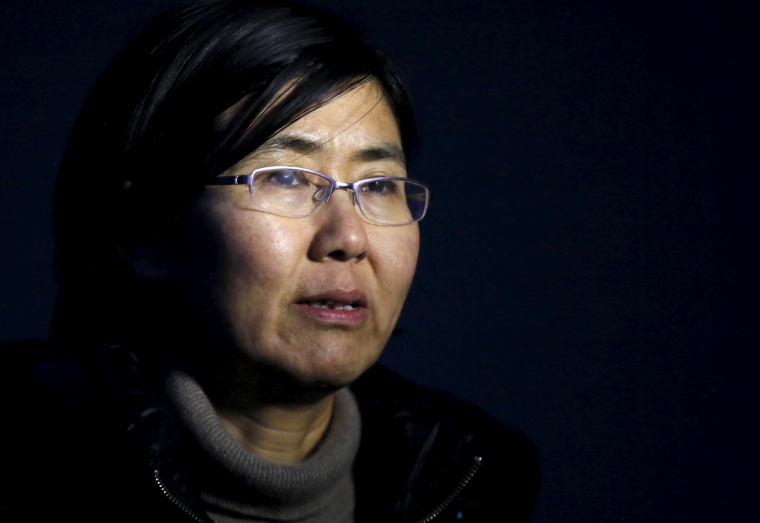Atheist China cracks down on religion, human rights dialogues with U.S. stall

WASHINGTON (Christian Examiner) – As the U.S. prepares to receive Chinese President Xi Jinping for the first time this month, the Communist Party in China continues its persecution of religious minorities and human rights activists.
Among the latest violations was the detainment of over 50 lawyers and activists in Beijing, who were protesting the disappearance of Wang Yu, a civil rights lawyer, her family, and three of her colleagues. According to World, state-run newspapers accused Wang's law firm of running a criminal gang with the intent to disturb public order.
Chen Guangcheng, a human rights lawyer who escaped from house arrest in China, is deeply concerned about the government's treatment of his fellow activists and the U.S.'s "soft" response to the country's human rights violations. The recent detainment of lawyers and activists "just happens to be a larger wave within the ongoing repression," Chen told The Washington Free Beacon.
Li Heping, Chen's own lawyer and friend, was one of the more than 300 interrogated this past month.
While some of the lawyers were released, about two dozen are still being held. About a quarter of those who have been harassed are believed to be Christians.
In a press briefing, a spokesman for the Department of State said that in the recent U.S.-China Human Rights Dialogue, the Secretary "highlighted the importance of safeguarding human rights, including the freedoms of speech, religion, assembly, and association as an international responsibility and essential to deepening our bilateral cooperation."
Chen feels that the U.S. needs to hold a firmer position of criticism toward the Xi Administration's actions. "[Chinese officials] don't worry about any [U.S.] response when it comes to human rights violations," he said.
THE YEAR OF PERSECUTION
According to ChinaAid's 2014 Annual Report on Religious and Human Rights Persecution in China, persecution has increased 152.74 percent since 2013. It called 2014 "The Year of Persecution and Endurance."
The report describes the Xi Administration as being strongly resistant to religion and undertaking a nationwide campaign of religious persecution under the guise of national security laws.
This has manifested lately in the forced removal and demolition of over 1,500 crosses, as well as escalation of the persecution of government-sanctioned churches and house churches throughout the nation.
Bob Fu, the president of ChinaAid, addressed the Congressional-Executive Commission on China regarding persecution. "During the Xi Administration, and particularly in the past 18 months, religious freedom abuses have reached a level not seen since the Cultural Revolution," Fu said.
Chinese Christians have lately sought legal redress for the abuse of their rights, which may explain the Communist Party's crackdown on human and civil rights lawyers since July.
"To be sure, human rights lawyers in China are among the bravest Chinese citizens seeking justice and promoting the rule of law in China," Fu said. "Unfortunately, the reward for courageously defending Falun Gong practitioners, political dissidents, and human rights advocates is to be labeled a 'trouble maker' by the government and subsequently subjected to harassment from local government public security agencies and government officials in the judicial system."
Chinese Human Rights Defenders published an open letter in which they, like Chen, challenged the U.S. to draw attention to the human rights violations in China by revitalizing the bilateral human rights dialogues.
"What meaning do such 'human rights dialogues' have," the Rights Defense Network wrote, "if they have done nothing to improve the severe and harsh human rights conditions in China, and if they have become pure formality and an empty exchange of diplomatic rhetoric?"